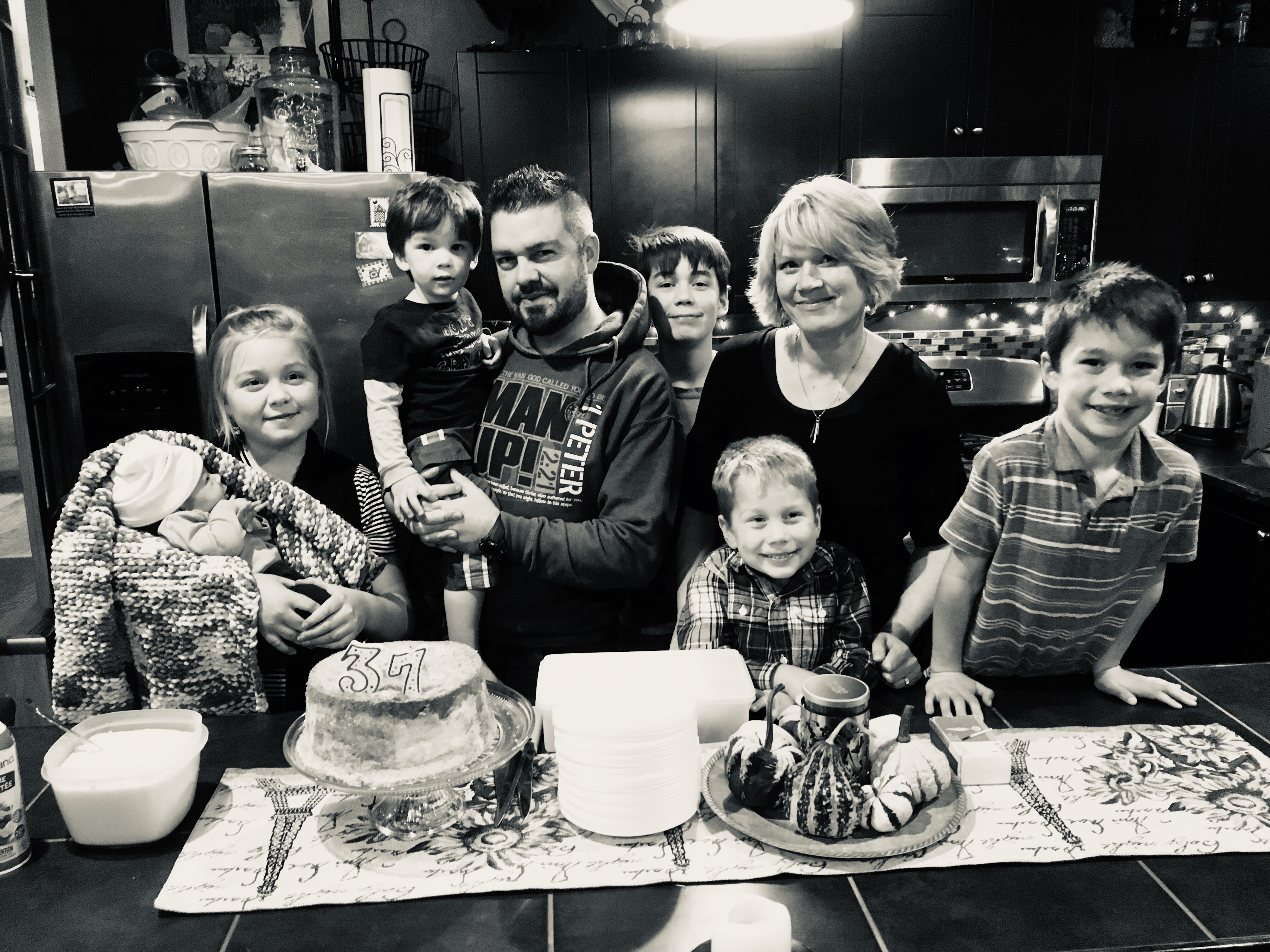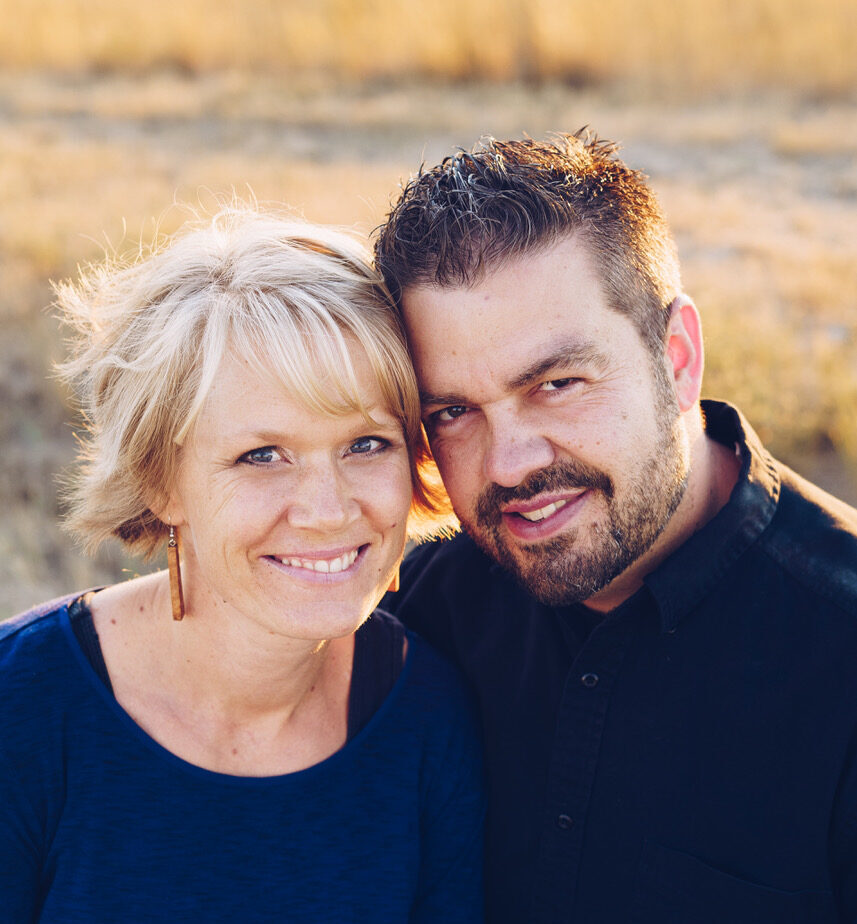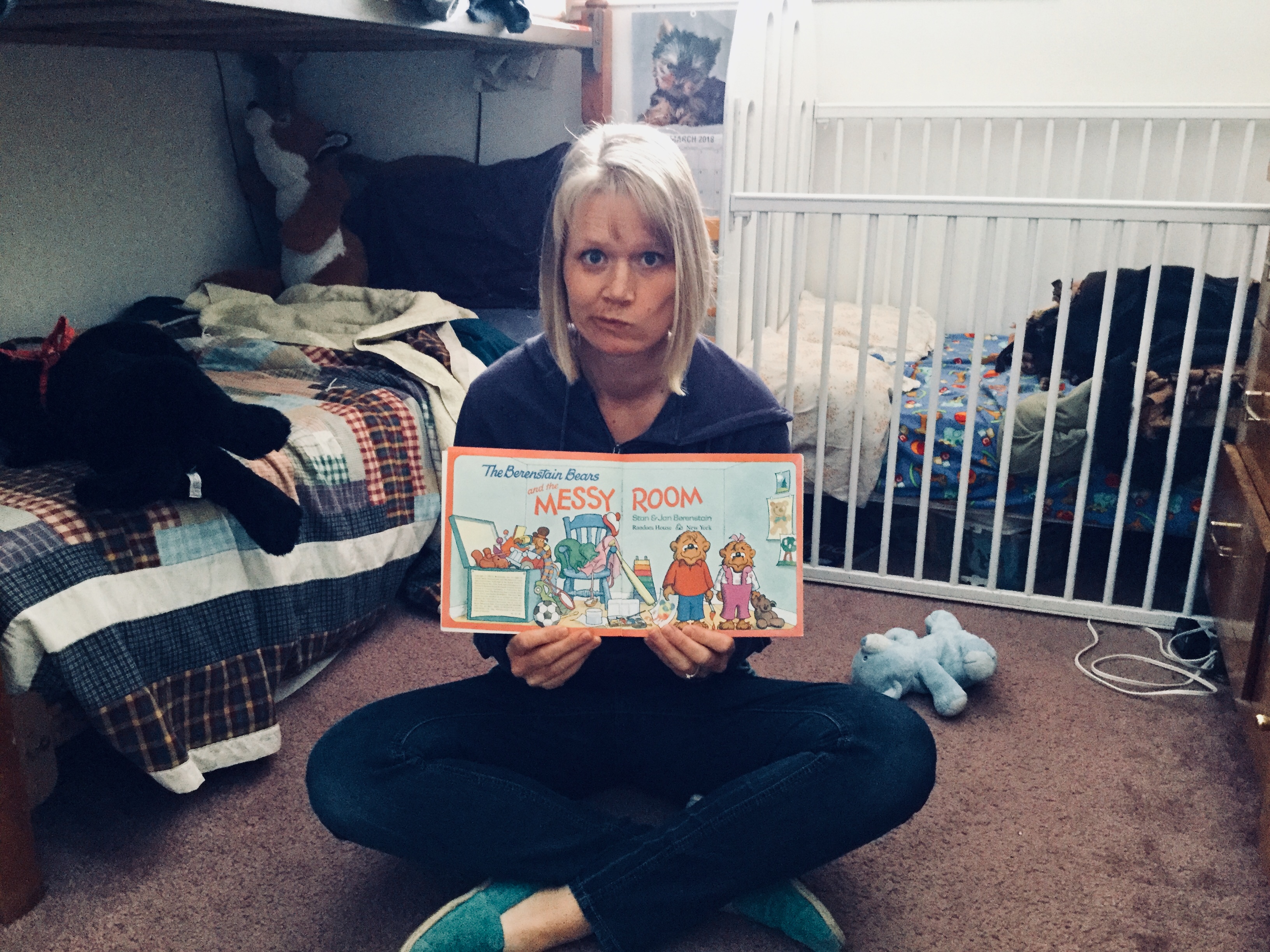by Heidi Jost
In Part 1, (which you can read here) I left us stuck in a black gloopy rut of failure, wailing “what a mess!” And you raising both eyebrows, ready to commit me to a ward of some kind.
 I confessed earlier that I say “Jesus” a lot more now, because it really is all about Him. I am in the rut because, since birth, I have made life all about me. Looking around for some superior ground to stand on and see out, I compare myself with others or with myself-in-my-more-shining-moments. But therein lies the quicksand: This ground is always unstable, a giant maw about to swallow.
I confessed earlier that I say “Jesus” a lot more now, because it really is all about Him. I am in the rut because, since birth, I have made life all about me. Looking around for some superior ground to stand on and see out, I compare myself with others or with myself-in-my-more-shining-moments. But therein lies the quicksand: This ground is always unstable, a giant maw about to swallow.
Now, we can both keep trying and slipping and sinking using these old habits of making ourselves feel better. “Our plight,” says Michael Reeves in one of the best books ever, “is not merely that we each fail to be good enough and need a little forgiveness… Instead, our very identity is a problem.” (Rejoicing in Christ)
I can think of two unchanging aspects of our identity: we never stop loving ourselves, and we never stop sinning.
But Jesus. His love is always outward and giving, and He has never sinned. He points out, “When you were powerless to save yourself, I did it.” (Rom. 5:6, my paraphrase) He beckons, “If My power could drag your sin down and bury it, how much more can that power raise you up into a new life of freedom!” (Rom. 5:10, my paraphrase)
Okay, so back to those days I failed, snapped at the kids, and left work undone. How does Jesus fit there? How do I get to the point of stopping my wail of failure and instead saying, “So what?” Rather than first trying harder in the next breath to be nicer to the kids, or scrambling to think of some other mom who screwed up worse than I did (a sin in itself), I can face my wrongs. They are bad. I hurt the people I loved most because they didn’t meet my expectations. I idolized the goal of a clean house, and then I got mad because it was still dirty. Double whammy.
Then I can look at Jesus. How does He see my sin? As sin. How does He see me? As a woman He wants to forgive and restore. To whoever is willing, He will give “a spirit of adoption by which we cry out, ‘Abba! Father!’” (Gal. 4:6, Rom. 8:15) Daddy, Daddy! John Piper says, “This is the testimony of the Spirit that we are the children of God.”
We can inherit God. He can, and wants to live within us. His spirit of adoption, the Holy Spirit, yearns to guide us into truth when we are slopping about in the rut of failure. And the truth is: Jesus, who has power over everything, offers us freedom. What we could not do, He did, and then some. He broke chains and shed light into darkness. At every point where we have failed, He has not.
Continue reading…
 by Heidi Jost
by Heidi Jost

 By Heidi Jost
By Heidi Jost
 I confessed earlier that I say “Jesus” a lot more now, because it really is all about Him. I am in the rut because, since birth, I have made life all about me. Looking around for some superior ground to stand on and see out, I compare myself with others or with myself-in-my-more-shining-moments. But therein lies the quicksand: This ground is always unstable, a giant maw about to swallow.
I confessed earlier that I say “Jesus” a lot more now, because it really is all about Him. I am in the rut because, since birth, I have made life all about me. Looking around for some superior ground to stand on and see out, I compare myself with others or with myself-in-my-more-shining-moments. But therein lies the quicksand: This ground is always unstable, a giant maw about to swallow. by Heidi Jost
by Heidi Jost By Heidi Jost
By Heidi Jost
Heidi, wow. SO good. So good. Thank you for that, in the midst of your lack of spare time and energy!! You and Jesse have graciously dealt with us in our ignorance, and so kindly agreed to educate us. THANK YOU.
You’re my heroine, sister.
To the road ahead …
Rebecca